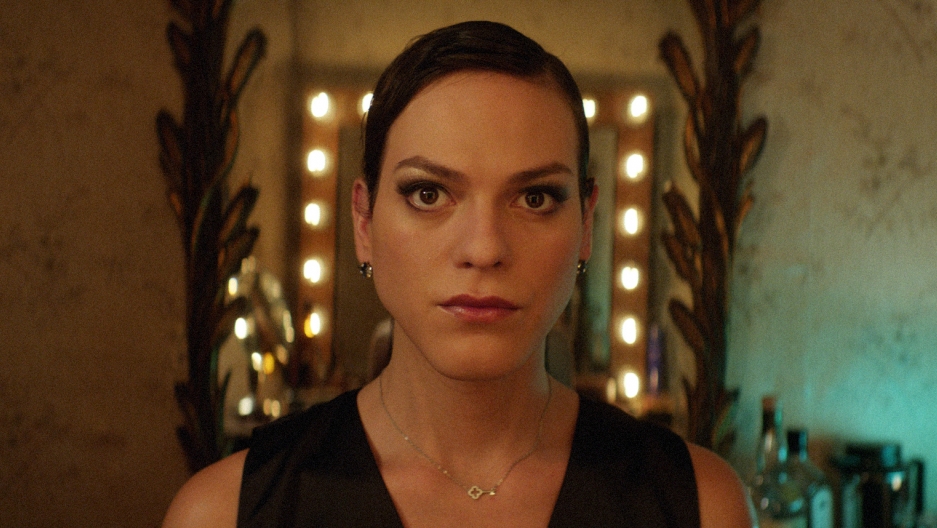Film Review: A Fantastic Woman
Film Reviews
A Fantastic Woman
Director: Sebastián Lelio
Sony Pictures Classics
In theaters: 03.09
In the Academy Award–winning A Fantastic Woman, Daniela Vega stars divinely as Marina Vidal, a waitress and singer. She and her lover, the wealthy, older Orlando (Francisco Reyes), celebrate Marina’s birthday with a romantic dinner before going home to their Santiago apartment and making love. But after, Orlando suffers an aneurysm and falls down the stairs. Panicked, Marina rushes Orlando to the emergency room, where he dies on the operating table.
Marina is left stricken and alone, but she’s not allowed to grieve. From Orlando’s family—particularly his ex-wife (Aline Küppenheim) and son (Nicolás Saavedra)—Marina is besieged by disbelief, disgust and dehumanization. They view Marina and Orlando’s relationship as deviant and perverse, and they quickly demand that she evacuate and relinquish Orlando’s apartment and pet dog. She’s frequently misgendered and deadnamed by police and hospital officials, who coldly regard her with suspicion. At one point, they suggest that Orlando’s fall down the stairs may have been no accident; at another, they force Marina to strip naked, waist down, for examination.
Here is where director Sebastián Lelio crafts an empathetic and surprisingly soft portrait of Marina, a trans woman, as she pushes fiercely for a chance to carve out space for herself, a space to mourn. Lelio is subdued in his filmmaking, his touch poetic, and the story feels real with its quietness, sensitivity and to-the-point dialogue (forthright but delivered sotto voce). Yet, it’s also imbued with noir (see Matthew Herbert’s original soundtrack), melodrama, and moments of metaphor and surrealism. In one shot, Marina leans impossibly forward, held aloft by gusty winds. In another, she’s lying in bed with her knees bent, staring down at the small circle mirror she holds between her legs, her face reflected back to her (I was immediately reminded of Zanele Muholi’s 2015 photograph, Bona, Charlottesville). At the end, the film bathes its audience in grace as Daniela Vega sings “Ombra mai fu,” her voice clear, her eyes unblinking.
It’s true that A Fantastic Woman powerfully depicts the very real and widespread injustices that Marina faces, but it also doesn’t purport to deputize Marina’s for any universal transgender experience. While Lelio exhibits restraint in his filmmaking, he never deigns to restrain Marina—and almost always, cinematographer Benjamín Echazarreta places Vega at the center of each frame. Multiple times, Vega looks directly at or just slightly beyond the camera lens, transfixing us as she does throughout the film, with Marina’s almost steely defiance and quiet, poised fury. And never does she allow the camera’s or the audience’s gaze to overpower her own.
–Kathy Rong Zhou
